Getting enough sleep should leave you refreshed and ready to face the day. But for many people, waking up tired is a frustrating daily reality. You might go to bed early, log a solid eight hours, and still feel like a zombie in the morning. The truth is that sleep quantity is only one piece of the energy puzzle. If you are constantly wondering why you are still exhausted, even after a full night’s rest, there may be underlying causes disrupting your rest and draining your energy.
You Are Not Getting Enough Deep Sleep
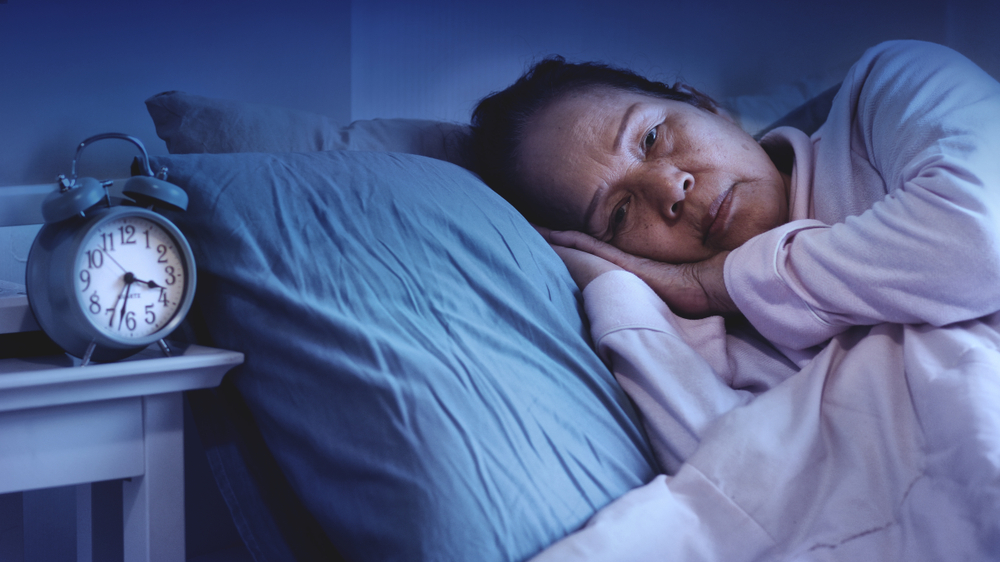
Not all sleep is created equal. Your body cycles through different sleep stages, including light sleep, deep sleep, and REM sleep. Deep sleep is the most restorative phase. This is when your body repairs tissues, builds bone and muscle, and strengthens the immune system. If you are waking up frequently, have untreated sleep apnea, or consume alcohol before bed, your body may be missing out on deep sleep. As a result, even though you are in bed for eight hours, you are not getting the kind of sleep that refreshes your body and brain.
You Might Have Sleep Apnea
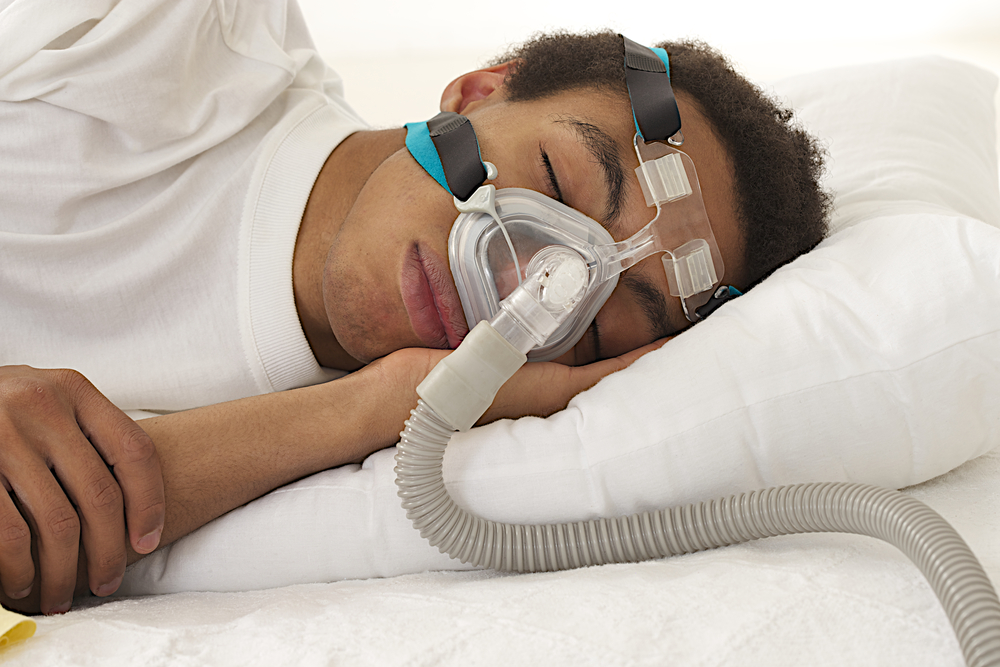
Sleep apnea is a common but underdiagnosed condition that disrupts breathing during sleep. Obstructive sleep apnea, the most common form, occurs when the airway is blocked during rest. The brain briefly wakes you up to restart breathing, often without you realizing it. This can happen dozens or even hundreds of times a night. These micro-awakenings stop your body from entering deep sleep. You may snore loudly, gasp for air, or wake up with a headache or dry mouth. Daytime fatigue is a major symptom, even if you are technically asleep for eight hours or more.
Poor Sleep Hygiene Could Be Disrupting You
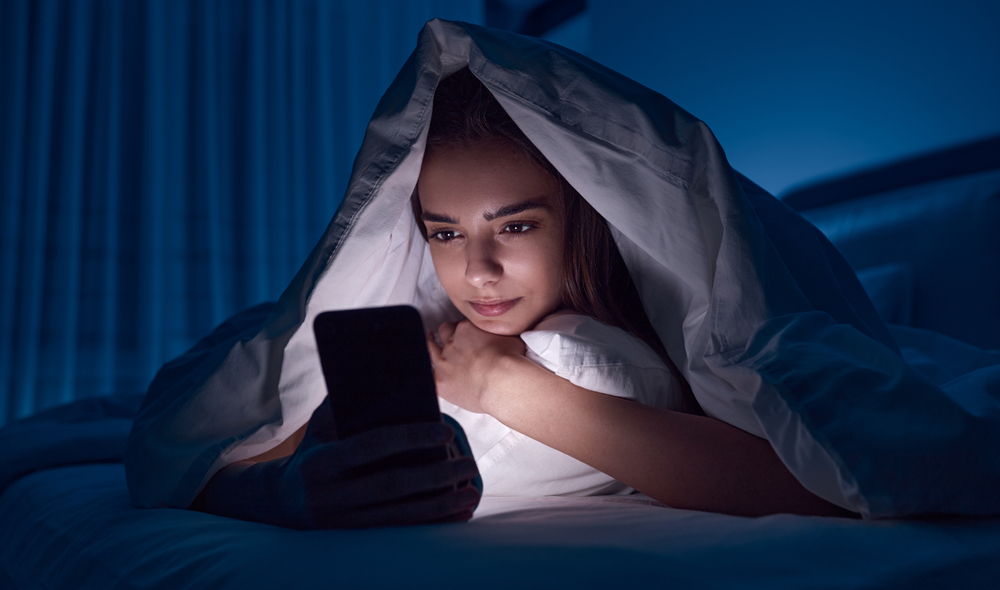
Your bedtime habits and sleep environment play a major role in how rested you feel. If you scroll your phone in bed, drink caffeine late in the day, or sleep with the TV on, your brain stays overstimulated. This delays melatonin production and interrupts your natural sleep rhythm. A dark, cool, and quiet room helps your body produce the right hormones to fall asleep and stay asleep. Aim for consistent bedtimes, avoid electronics at least an hour before bed, and try calming activities like reading or meditating to prepare your body for rest.
You Are Sleeping at the Wrong Time for Your Chronotype
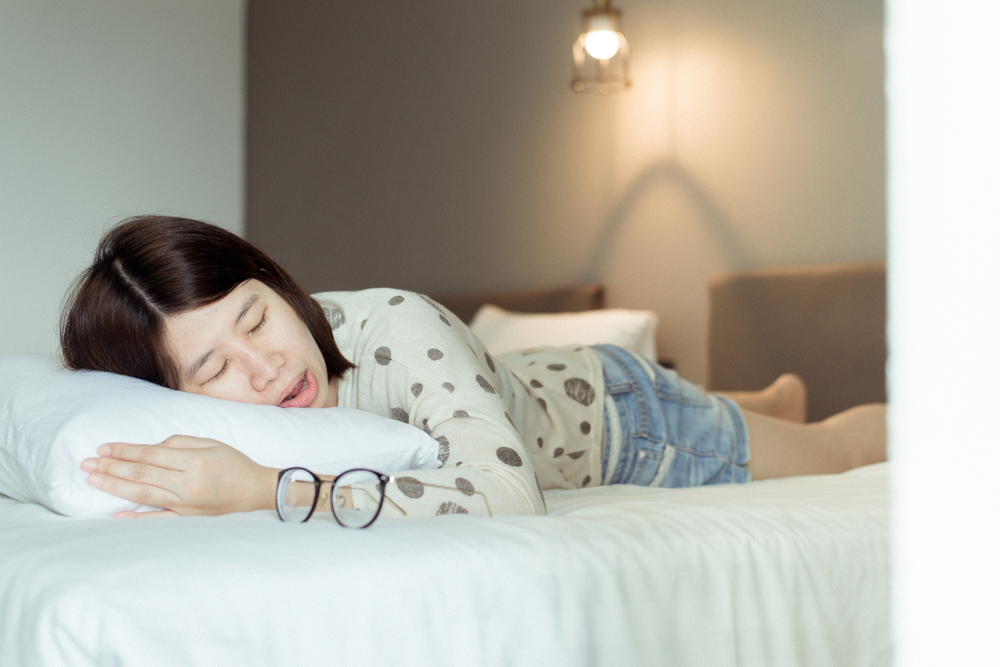
Everyone has a biological clock called a circadian rhythm, and each person has a unique chronotype. Some people naturally wake up early and feel alert in the morning, while others feel more awake at night. If your sleep schedule does not match your internal clock, your sleep quality may suffer. A night owl forced to wake up early for work may get enough hours but still feel exhausted. Learning your chronotype and adjusting your schedule to align with it can improve how rested you feel, even if your total sleep time stays the same.
You Are Not Managing Your Stress Levels
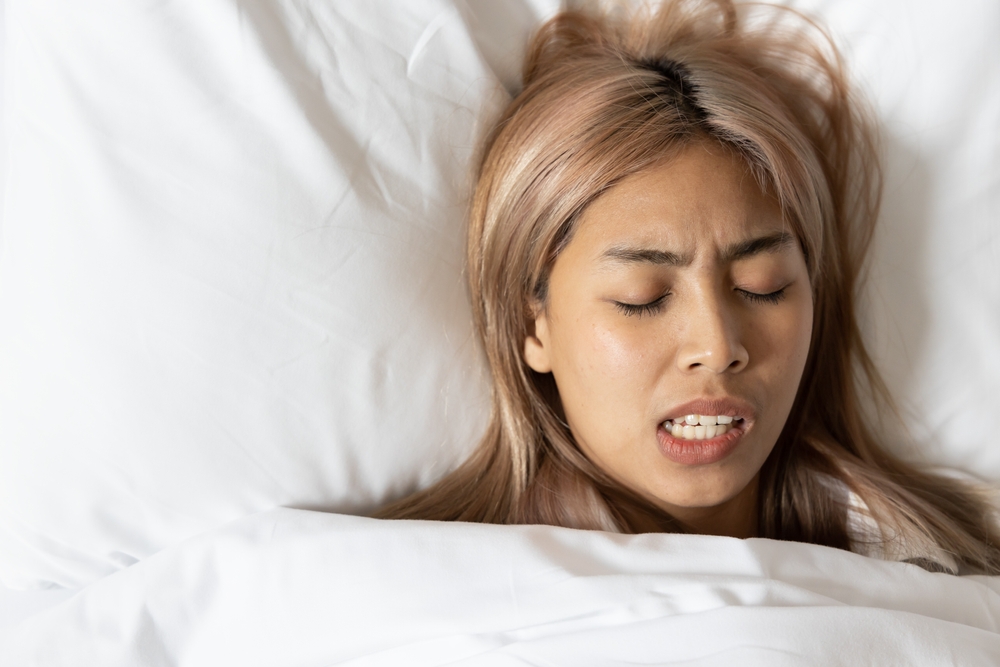
Stress and anxiety are major causes of poor sleep quality. Even if you fall asleep quickly, chronic stress raises cortisol levels, which keeps your body in a state of alertness. This can make your sleep shallow and fragmented. You may also experience racing thoughts or wake up in the middle of the night. Over time, poor-quality sleep from stress can leave you mentally and physically drained. Techniques like journaling, deep breathing, therapy, and limiting screen time can help reduce stress and improve the restorative power of your sleep.
You May Be Lacking Key Nutrients
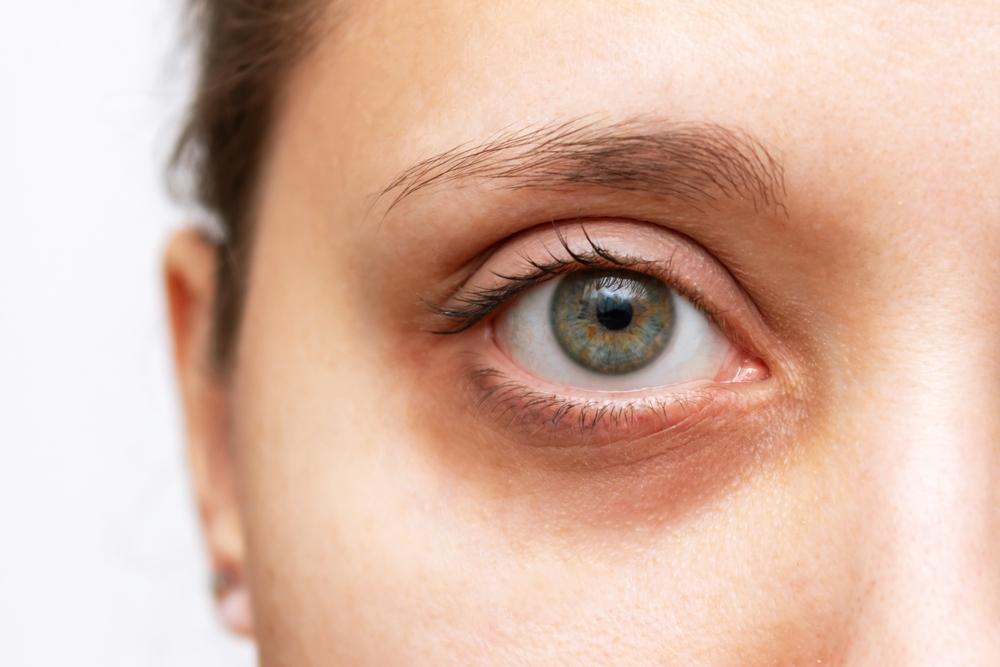
Deficiencies in iron, magnesium, vitamin D, or B vitamins can lead to fatigue, even with sufficient sleep. Iron helps transport oxygen through the blood. Without enough of it, your muscles and brain do not get what they need to function properly. Magnesium plays a role in muscle relaxation and nervous system balance, which helps your body wind down. B12 and other B vitamins are needed for energy production at the cellular level. Blood tests can help identify these deficiencies, and supplements or dietary changes can improve your energy.
You Are Sleeping Too Much
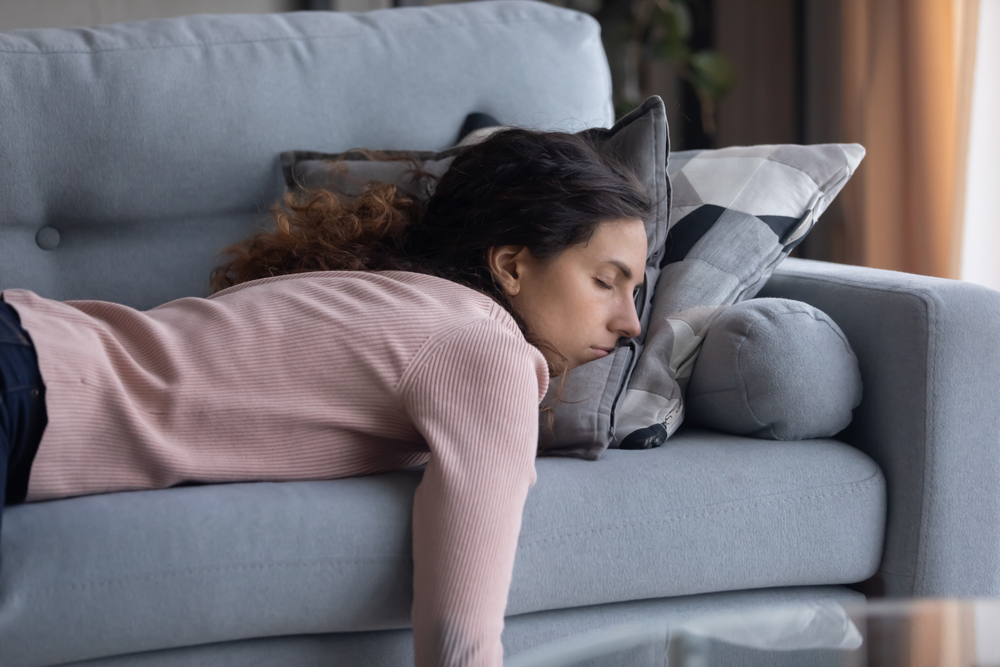
Oversleeping can also lead to tiredness. Sleeping for more than nine hours regularly can disrupt your circadian rhythm and leave you feeling sluggish. It can also indicate underlying issues like depression, thyroid dysfunction, or chronic fatigue syndrome. Sleeping too long can reduce your physical activity and social interactions, which contribute to low mood and low energy. If you are consistently sleeping long hours but feel worse, it may be worth evaluating your mental and physical health with a healthcare provider.
You Have an Undiagnosed Medical Condition

Fatigue is a common symptom of many chronic illnesses. Thyroid problems, anemia, diabetes, fibromyalgia, and chronic fatigue syndrome can all make you feel tired despite adequate sleep. Depression and other mood disorders can also impact how restorative sleep feels. If your exhaustion is persistent and unexplained, a thorough checkup and blood tests may be necessary to uncover underlying health conditions. Identifying the root cause is key to finding the right treatment and getting your energy back.
You Are Not Moving Enough During the Day

Physical activity is essential for good sleep. If you are sedentary most of the day, your body may not build up enough sleep pressure, which is the biological drive to fall asleep. Regular exercise helps regulate your sleep cycle, reduce stress, and improve mood. It also leads to deeper, more refreshing sleep. Even short walks, stretching, or yoga can make a difference. Just avoid vigorous exercise close to bedtime, since it may make it harder to fall asleep.
Your Sleep Schedule Is Inconsistent
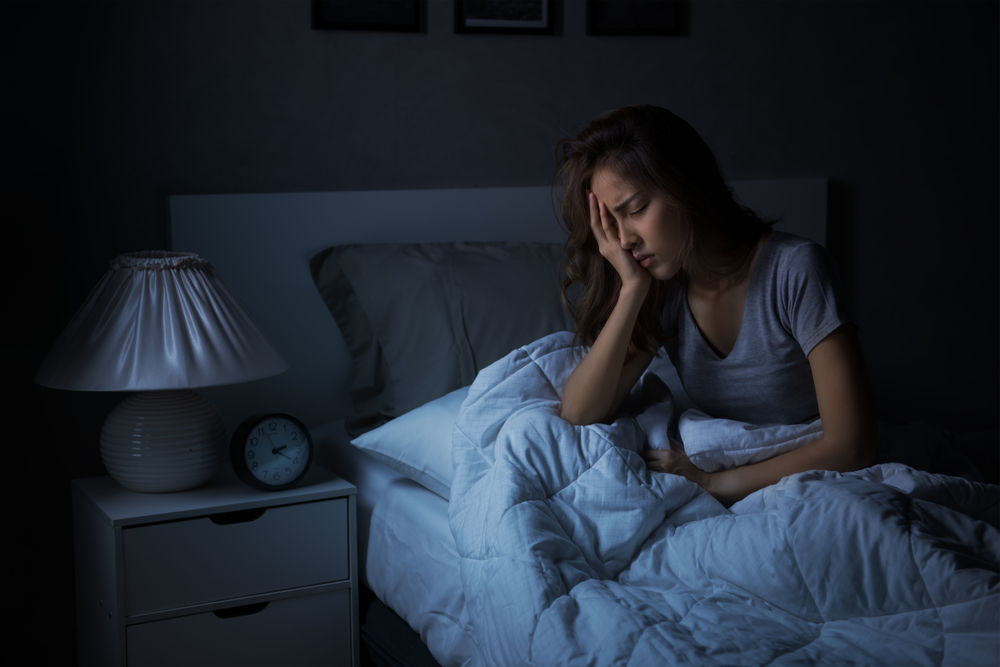
Sleeping at different times each night disrupts your internal clock. Even if you get enough hours overall, inconsistent bedtimes confuse your circadian rhythm. This leads to jet lag–like symptoms such as grogginess and low focus. Your body prefers routine. Going to bed and waking up at the same time every day helps your body know when to produce melatonin and when to boost cortisol. This makes it easier to fall asleep, stay asleep, and wake up feeling refreshed.
You Are Drinking Alcohol Before Bed
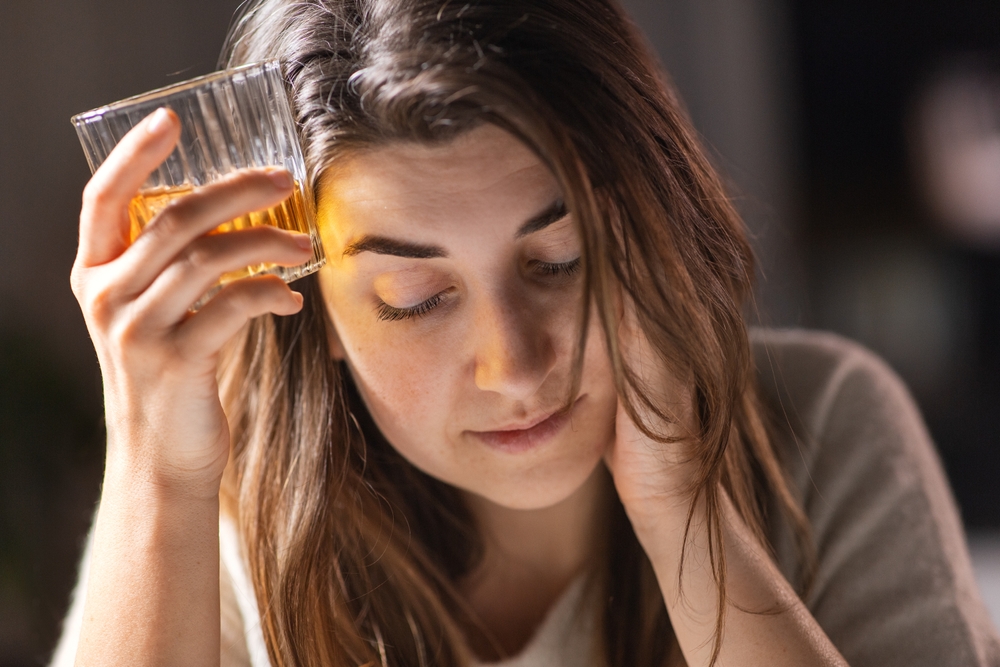
Many people believe that alcohol helps them sleep, but it actually reduces sleep quality. Alcohol disrupts REM sleep, which is important for cognitive function and emotional regulation. It also causes more awakenings during the night and increases the chance of snoring or sleep apnea. As your body processes the alcohol, your sleep becomes lighter and more disturbed. You might fall asleep faster, but you will likely wake up feeling tired and foggy.
Read More: How Golden Milk Can Help You Fall Asleep – Plus a Simple Recipe
Caffeine Is Still in Your System
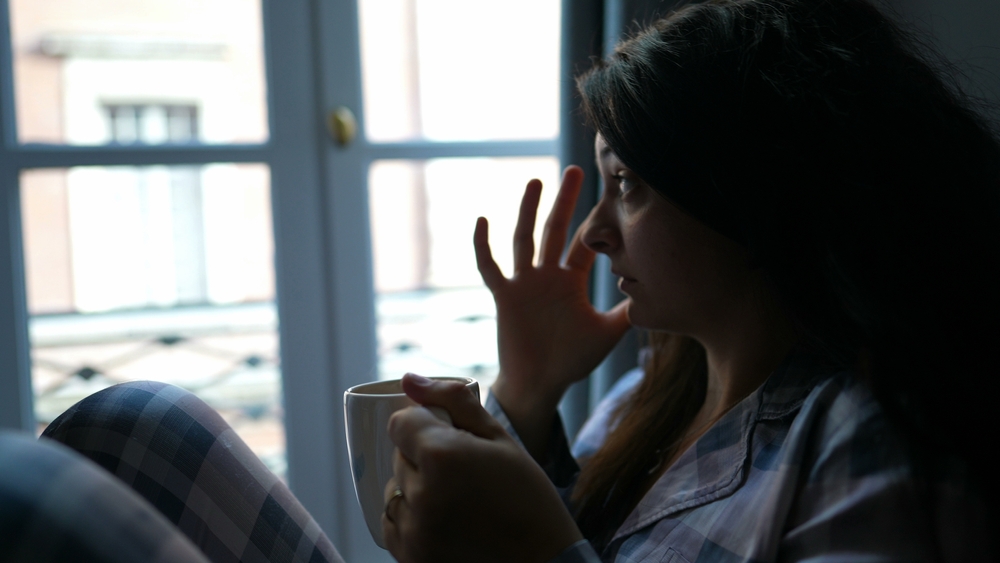
Caffeine has a half-life of about five to six hours, which means it can stay in your system much longer than you think. If you drink coffee, tea, energy drinks, or even eat chocolate in the afternoon or evening, the stimulant effect may still be active when you go to bed. This reduces the time spent in deep and REM sleep. Try cutting off caffeine after noon and see if your sleep quality improves. Everyone has different sensitivity levels, so pay attention to how caffeine affects your body.
Your Mental Health Might Be Affecting Sleep
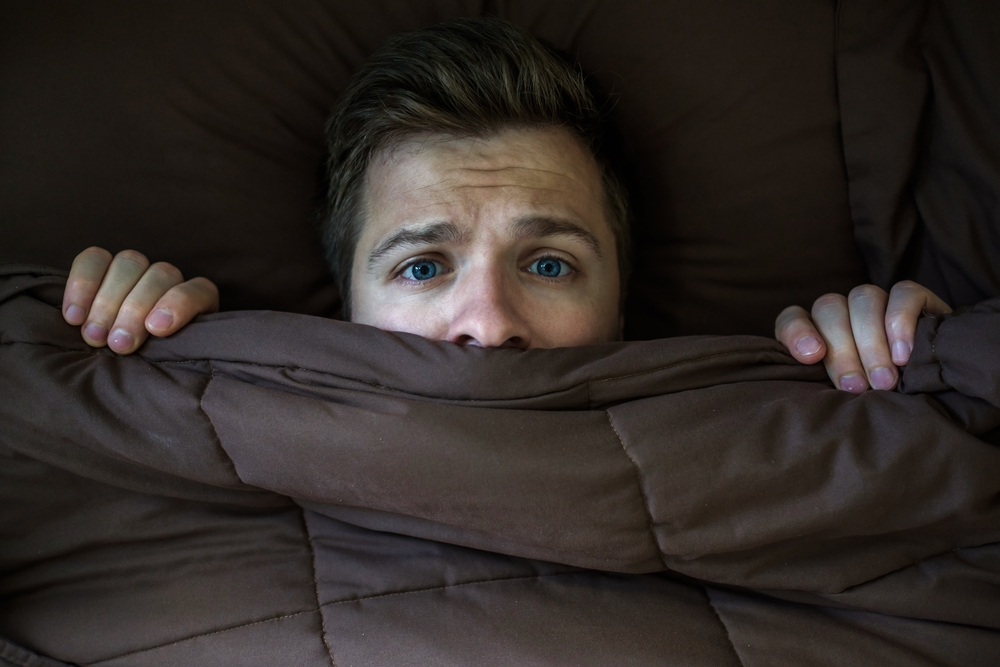
Conditions like anxiety, depression, and post-traumatic stress disorder can seriously interfere with sleep. Racing thoughts, nightmares, and mood disturbances affect how your brain processes rest. Even when you are asleep, your brain may not fully disengage, leading to non-restorative sleep. If you suspect your mental health is playing a role in your fatigue, consider speaking with a licensed therapist or doctor. Treatments such as cognitive behavioral therapy and medication can greatly improve both mood and sleep quality.
Blue Light Exposure Is Delaying Your Sleep Cycle

Phones, tablets, and TVs emit blue light, which tells your brain it is still daytime. This delays melatonin production and pushes your sleep schedule later. Even if you fall asleep, the timing and depth of your sleep may be affected. Blue light exposure reduces REM sleep and makes it harder to wake up feeling rested. Try using a blue light filter in the evening, switching to dim lighting, and putting screens away an hour before bed to improve your natural sleep rhythm.
Read More: What I Learned About Sleep After Studying Rest Habits in 12 Countries
Something Deeper
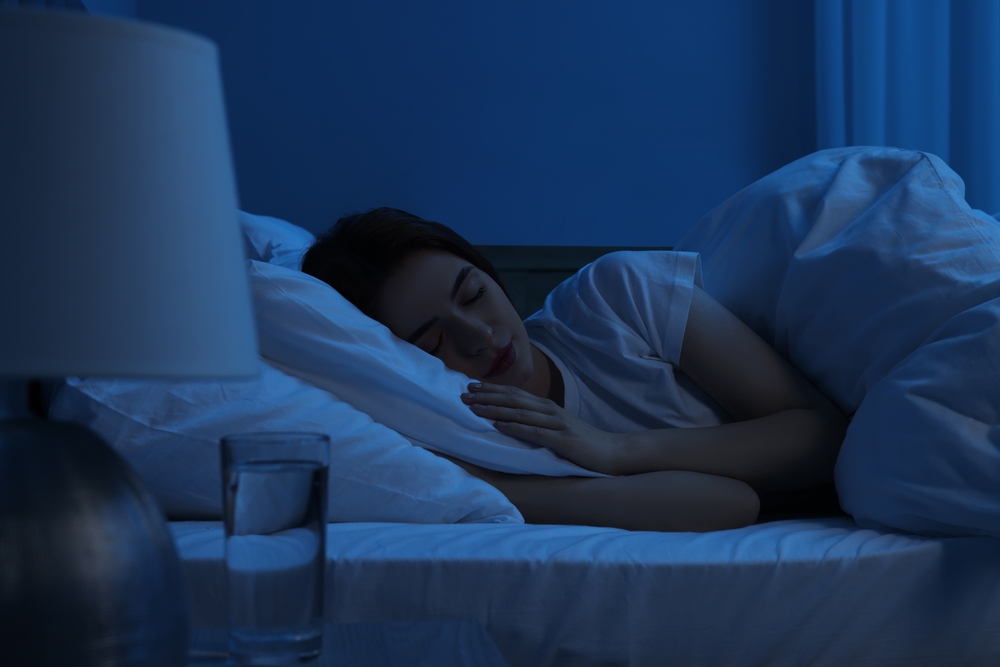
Feeling tired despite getting enough sleep is not just frustrating, it is a sign that something deeper may be at play. Whether it is a disrupted sleep cycle, an undiagnosed health condition, or poor lifestyle habits, the solution often lies in looking beyond just the number of hours you sleep. Focus on sleep quality, daily routines, physical health, and mental well-being. If the fatigue persists, consult with a doctor or sleep specialist to uncover the root cause and take steps toward feeling truly rested.
Disclaimers: This article was created with AI assistance and edited by a human for accuracy and clarity.
Disclaimer: This information is not intended to be a substitute for professional medical advice, diagnosis or treatment and is for information only. Always seek the advice of your physician or another qualified health provider with any questions about your medical condition and/or current medication. Do not disregard professional medical advice or delay seeking advice or treatment because of something you have read here.
